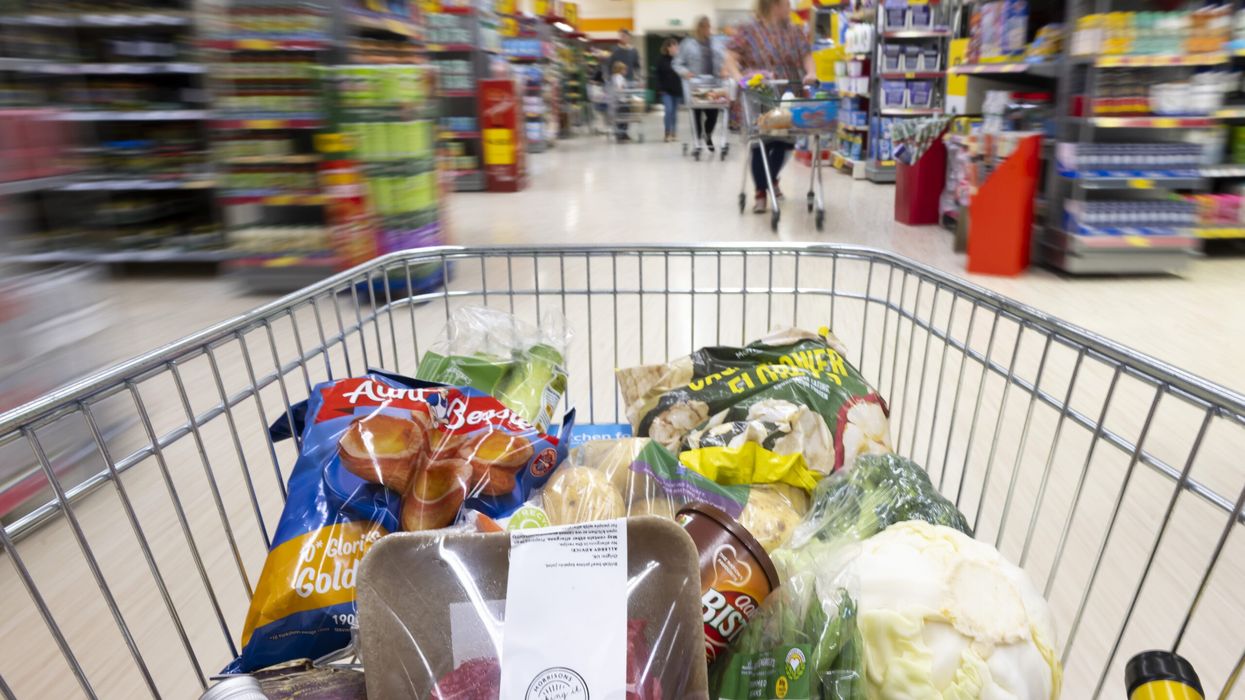UK inflation reached its 2 per cent target in May for the first time in nearly three years, data showed on Wednesday. Despite this, underlying price pressures remained strong, suggesting the Bank of England might delay cutting interest rates.
The reduction in headline inflation in May will be seen as positive by prime minister Rishi Sunak and the Bank of England (BoE). However, it may not be enough to improve Sunak's position for next month's election or prompt a BoE rate cut on Thursday.
The data indicated services price inflation, which the BoE views as a key indicator of medium-term inflation risks, was at 5.7 per cent. This was a slight decrease from 5.9 per cent in April but did not meet economists' expectations of 5.5 per cent.
The British pound rose slightly against the US dollar following the data release.
"Rate-setters will still need to weigh the fall in headline inflation against signs that domestic price pressures, such as elevated pay growth, are proving slower to come down," said Martin Sartorius, principal economist at the Confederation of British Industry, predicting a first rate cut in August.
Annual consumer price inflation dropped from 2.3 per cent in April, aligning with economists' expectations in a Reuters poll. This marks a significant decline from the 41-year high of 11.1 per cent in October 2022.
The decline in inflation in the UK has been sharper than in the eurozone or the United States, where consumer price inflation in May was 2.6 per cent and 3.3 per cent respectively. This contrasts with concerns a year ago that British inflation was unusually persistent.
Despite the fall, consumer prices have risen around 20 per cent over the past three years, impacting living standards and contributing to the unpopularity of Sunak's Conservatives, who trail the opposition Labour Party by about 20 points in opinion polls.
The BoE has stated that the return of inflation to its target is not enough to begin cutting interest rates.
While most economists polled by Reuters expect a rate cut from the current 5.25 per cent in August, financial markets predict the first move more likely in September or October, with just a 10 per cent chance of a cut this week.
The recent drop in inflation was driven by a reduction in regulated household energy bills in April, an effect expected to diminish later in the year, when the BoE forecasts inflation will rise again.
(Reuters)





